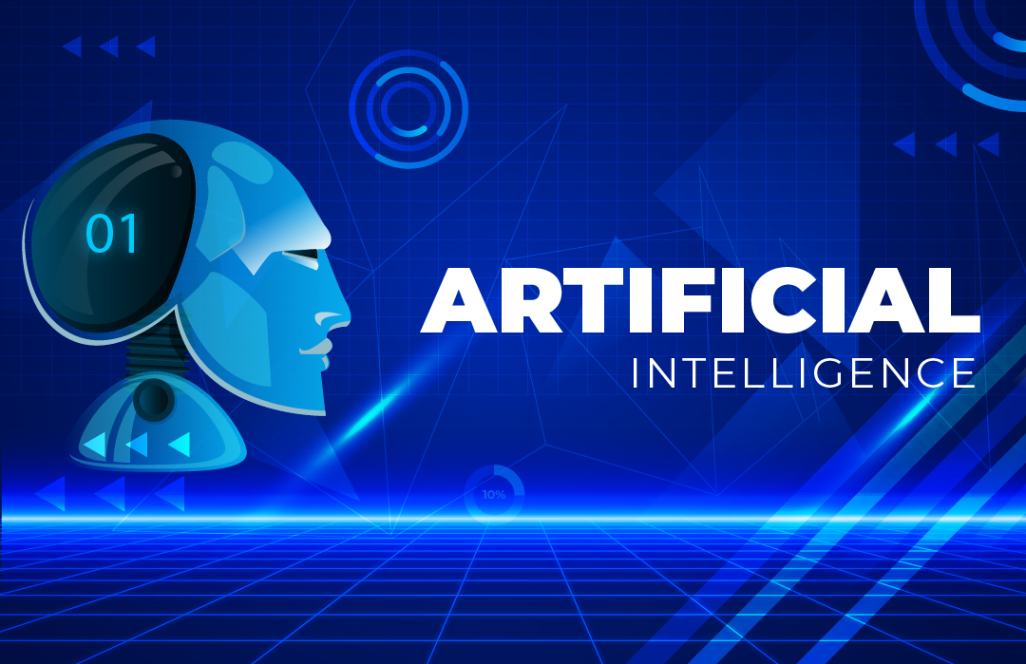With innovations coming up every day, we are witnessing the improvement of new technologies that are affecting our lifestyles and societies for the better. AI-powered assistance, automated vehicles, customized suggestions, as well as deception recognition systems are applications that AI handles. Regardless of your profession, whether you are an upcoming software engineer, a developer, an aspiring business owner, or you simply have an interest in learning, enrolling online artificial intelligence course will professionally benefit you. These platforms provide expert mentors, real-life assignments, hands-on learning projects, and the necessary tools to enable you to create advanced algorithms.
Impact AI Can Have On The Future
Due to its unparalleled capacity to change, AI is rapidly becoming one of the most talked-about topics globally and is continuing to change how we tackle the new industrial world. AI is being integrated into businesses at an early stage, in healthcare, retail stores, academia, banking, and many more to increase work speed, efficiency, accuracy, and overall consumer satisfaction.
These factors make AI a huge milestone in modern technological advancements.
- Increase in Efficiency: Compared to human labor, AI-powered automation is much faster and less prone to error, giving AI frameworks more reliability.
- Increase in Accuracy: AI systems are trained to recognize data features, enabling them to effectively identify and provide accurate estimations on the information provided.
- Improve Personalization: With platform algorithms, AI is embedded into additional systems that enhance human adaptability and create robust, dynamic learning environments.
Why Learn an Online Artificial Intelligence Course?
The reasons for taking AI courses online are numerous, like ease of accessibility and flexibility, which are a primary concern for many learners around the world. Online courses from top universities and tech companies can be accessed with just a PC and an internet connection.
Here are the reasons to take classes on AI online:
- Self-Paced Learning: If you are working full-time or studying, you can always consider taking courses online. Online classes will always fit your schedule.
- Access to Practical Work: Several courses come with their coding labs, AI projects, as well as real datasets for learners to work on AI hands-on.
- Expert Access: A chance to learn from as well as with practitioners such as professors, data scientists, and engineers who actively work in AI.
- Profession-Oriented Courses: Most programs are restricted appropriately to job roles such as Machine Learning Engineer, Data Scientist, or AI Developer.
- Lower Costs: Too-rated programs offer certifications at a low cost when compared to traditional tuition fees.
The adaptability that comes with online learning is more suited to one’s needs, which makes it ideal for building personal AI projects or earning certifications.
What Is Provided in an Online AI Course
The goal of online artificial intelligence courses is to advance your understanding of AI technologies through guided pathways from foundational teachings towards their practical uses. These are some of the best features of an AI course:
- Fundamentals of AI and Machine Learning- Learners obtain the principles of AI, including supervised and unsupervised learning, application of neural networks, and the importance of AI in the real world.
- Python for AI- In these courses, you will first learn how to analyze and process data using Python. This is because AI-oriented programming courses usually start with Python owing to its industry prominence.
- Algorithms of Machine Learning- Aspirants learn skills in linear regression, decision trees, along with random forests and support vector machines. Also, gain knowledge in model preparation, testing, and evaluation.
- Deep Learning and Neural Networks- Aspirants should study the functioning of artificial neural networks in brain simulations as well as their architecture, such as CNNs (image processors) and RNNs (language modelers).
- AI Mastery in Human Language Understanding- It helps in building basic projects with chatbots, language translation, and sentiment analysis to discover how AI can process human language. Natural Language Processing (NLP)
- AI and Computer Vision- Learners get skills on how machines are made to interpret visual data through object detection, image classification, and face recognition.
- Managing AI Ethics and Responsibility- The course helps to analyze the ethical issues of AI, such as data bias, privacy issues, and deployment of the model in a responsible manner.
The Tools and Platforms You’ll Engage In
- TensorFlow and PyTorch- These are ML model construction frameworks.
- Jupyter Notebooks- It is a prevalent programming environment in data science and AI.
- Google Colab- It is a complimentary cloud platform for model training utilizing GPU acceleration.
- Scikit-learn and Pandas– The Python libraries are designed for data preparation and machine learning algorithms.
- OpenCV- It is used in image and computer vision processing.
These are the recommended tools you’ll work with to give you hands-on experience for real-world AI projects.
Who Should Register for the AI Online Courses?
Register for the online AI courses to learn that not being a mathematics prodigy or a computer science major is truly an asset. The courses are designed for all types of learners:
- Motivated aspirants who are willing to improve their qualifications and employment opportunities.
- The Professionals who wish to change careers and enter the fields of data science or AI.
- Business visionaries who want to create AI-enabled applications or start-up companies.
- Programmers interested in adding functions on machine learning to their current projects.
- Inquisitive learners who want to dive into the world of intelligent systems.
Conclusion
Joining the online artificial intelligence classes, you will also have the opportunity to develop your own AI models, participate in open-source projects, or design programs that strive to solve practical issues like disease detection, business process automation, or sophisticated recommendation systems.

